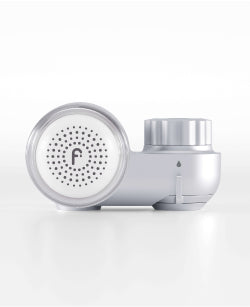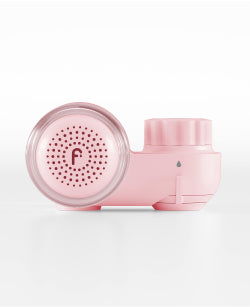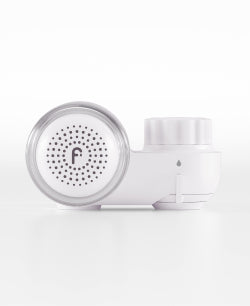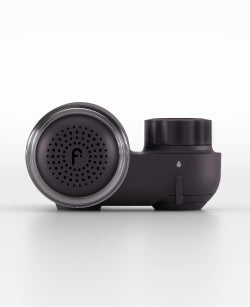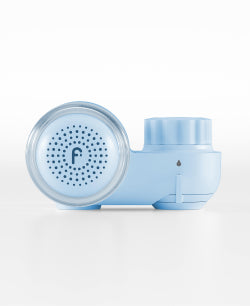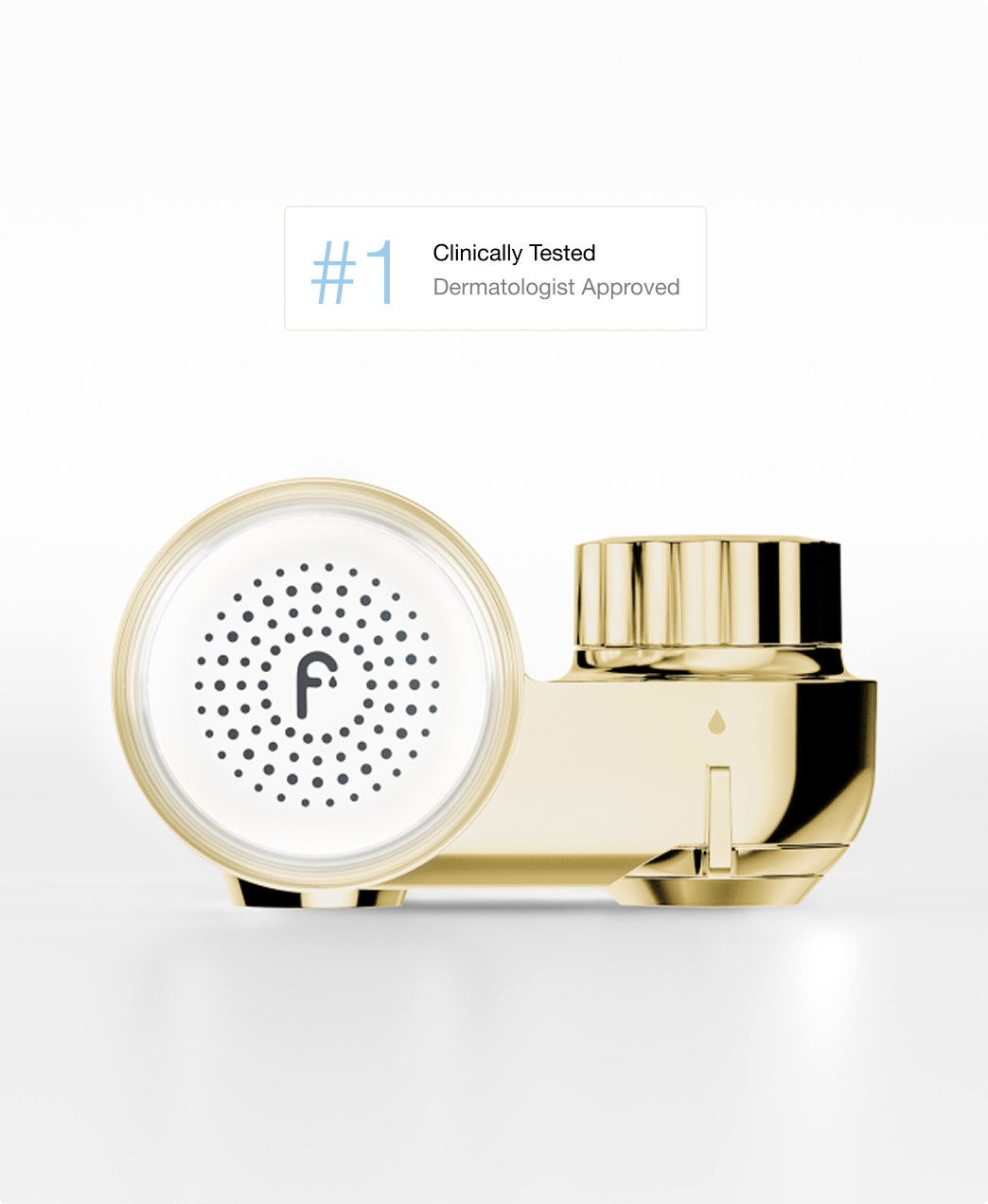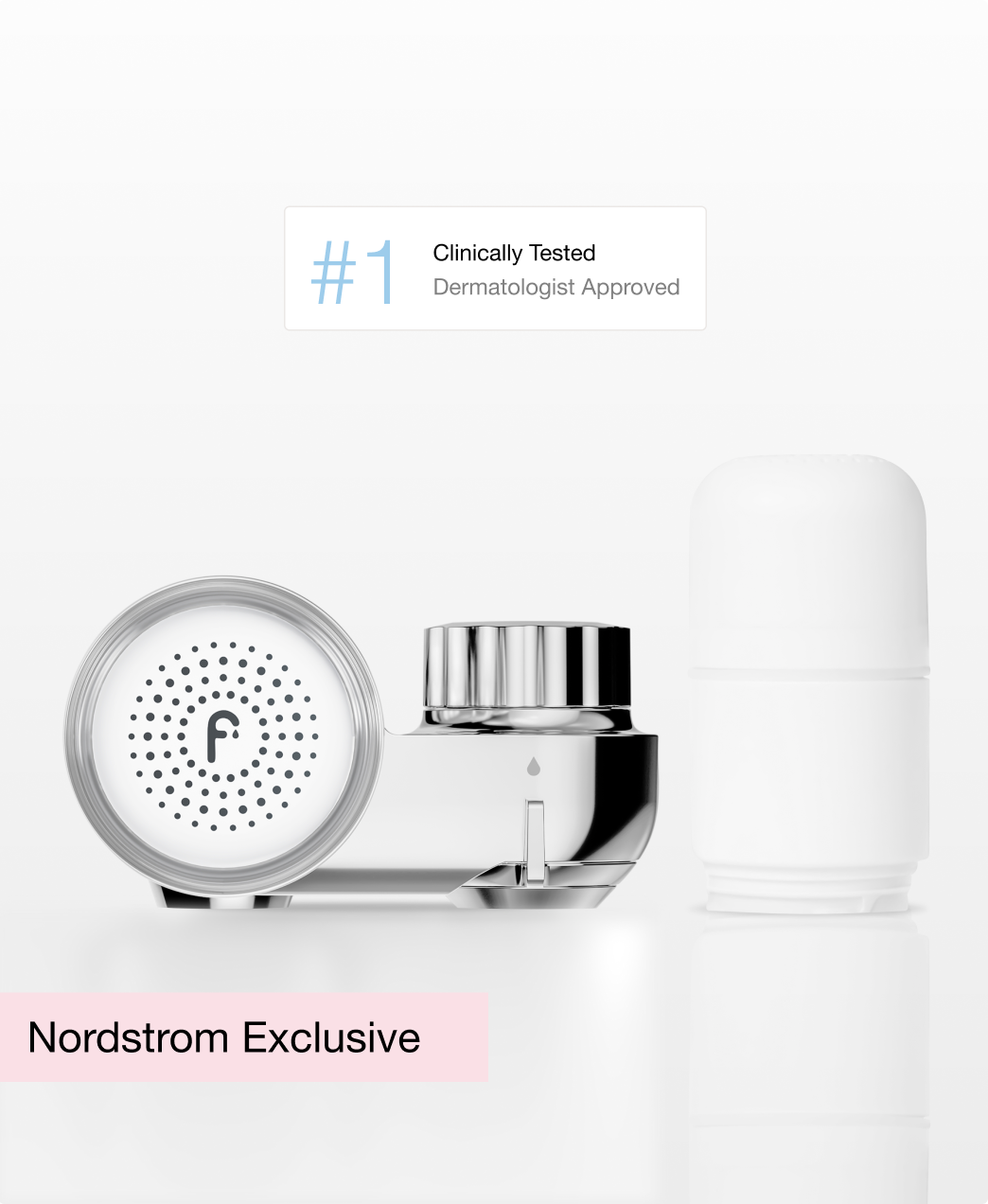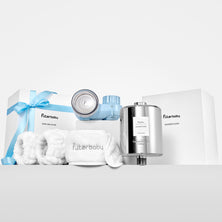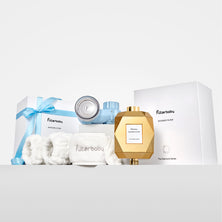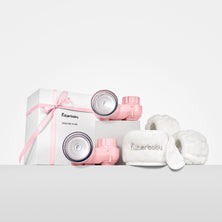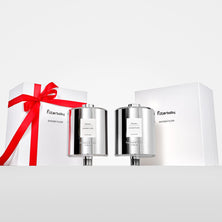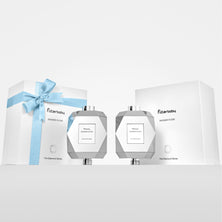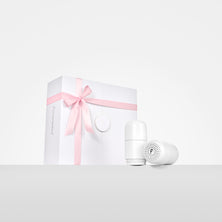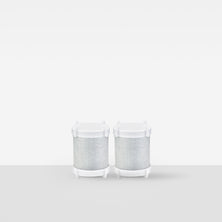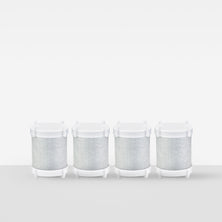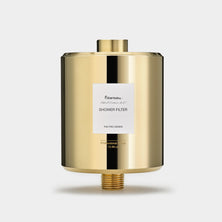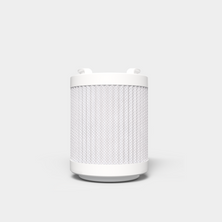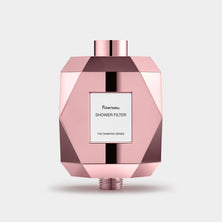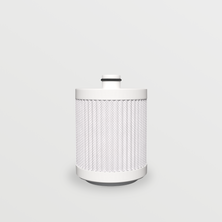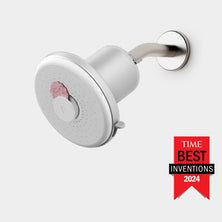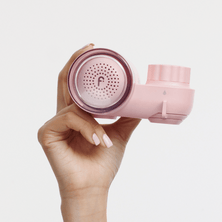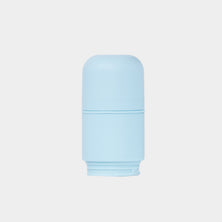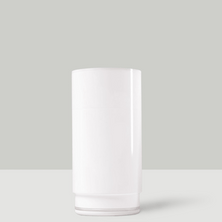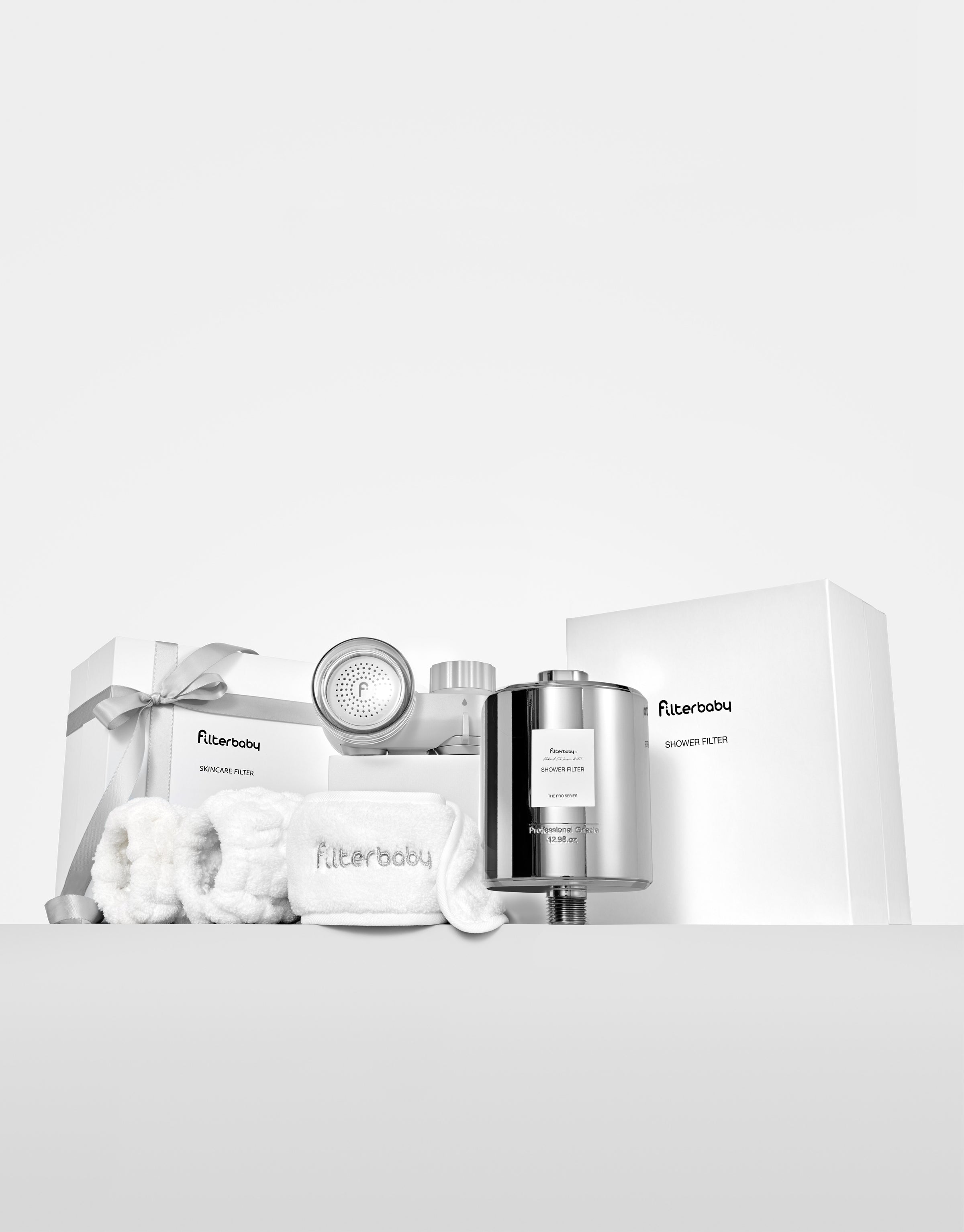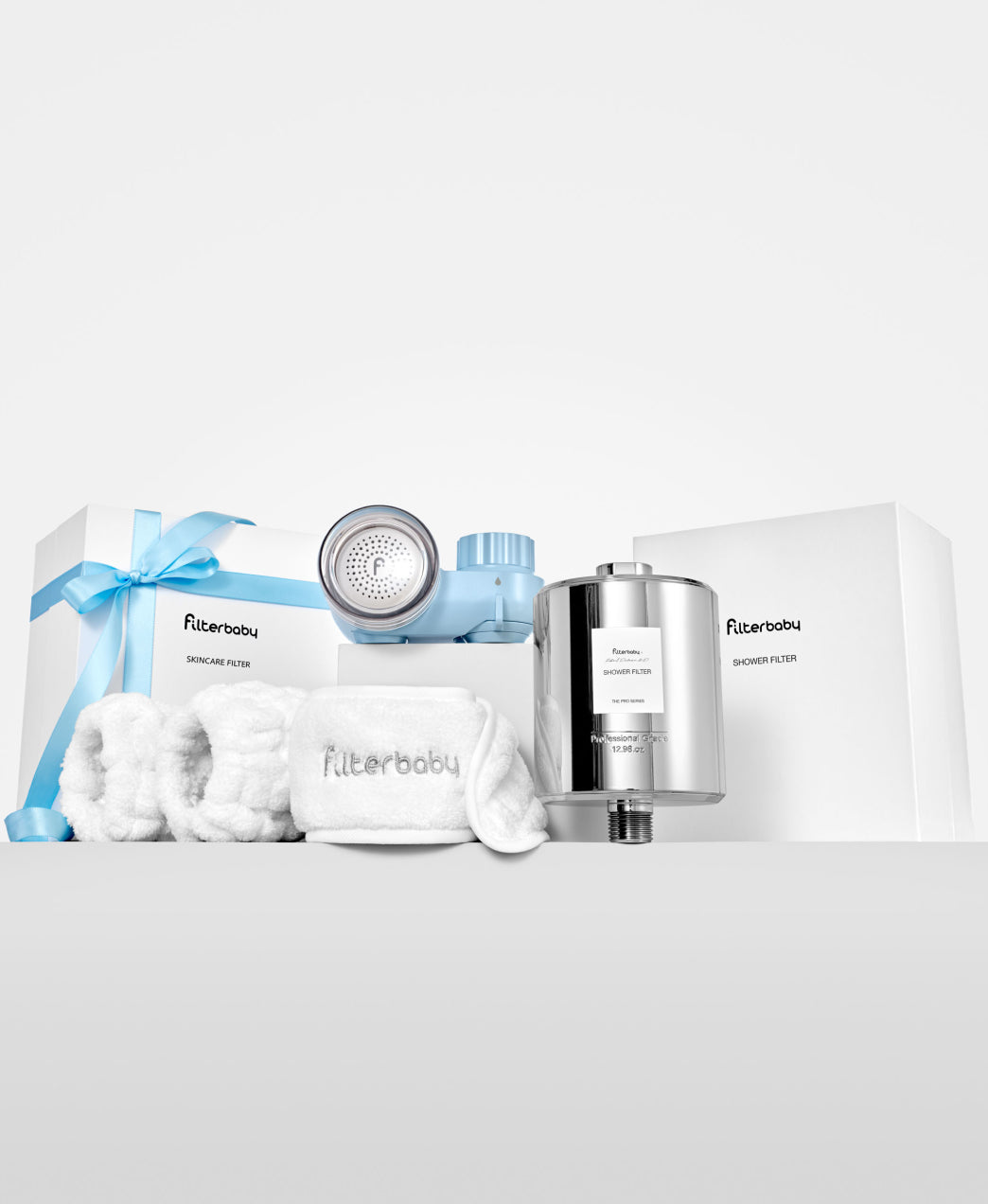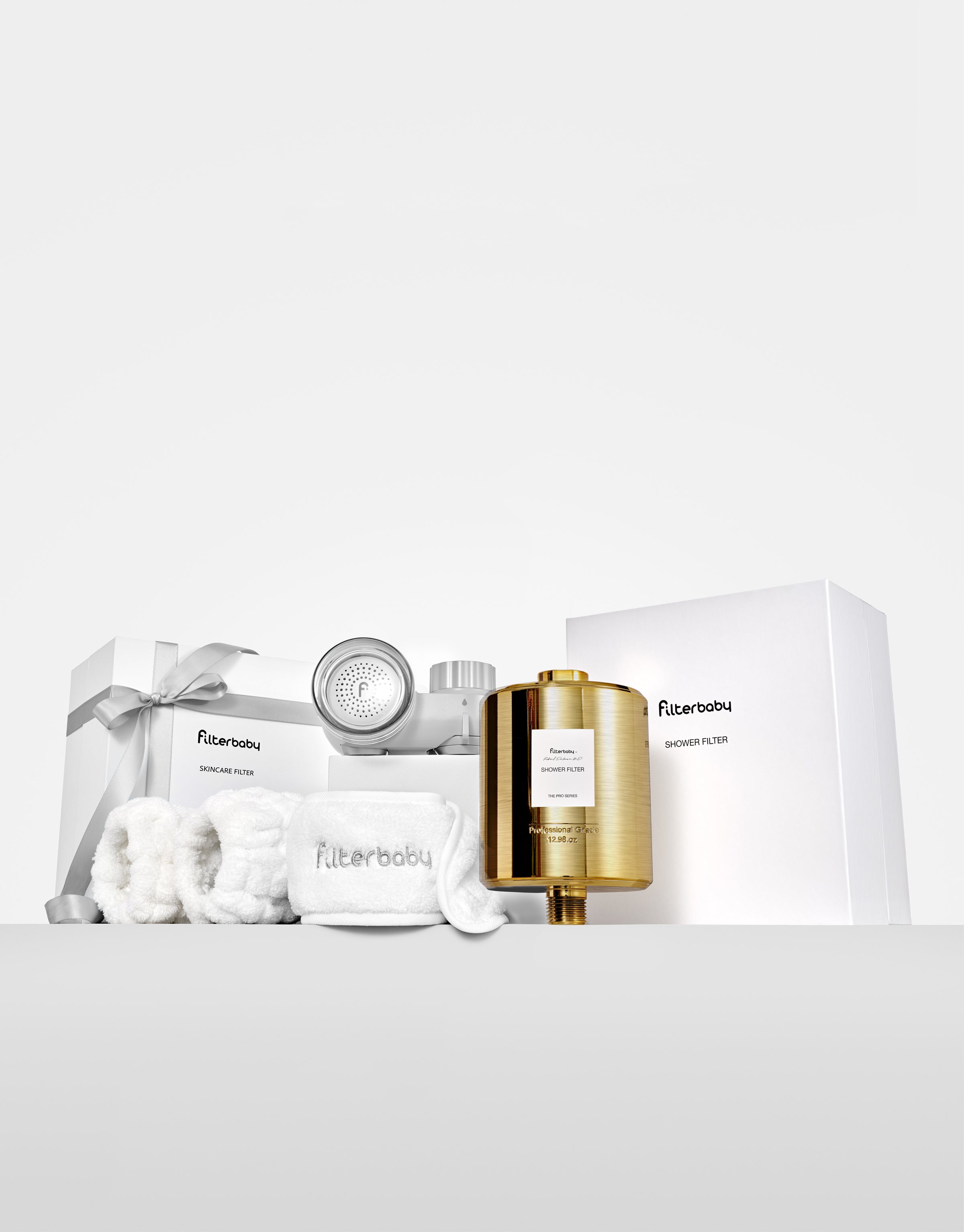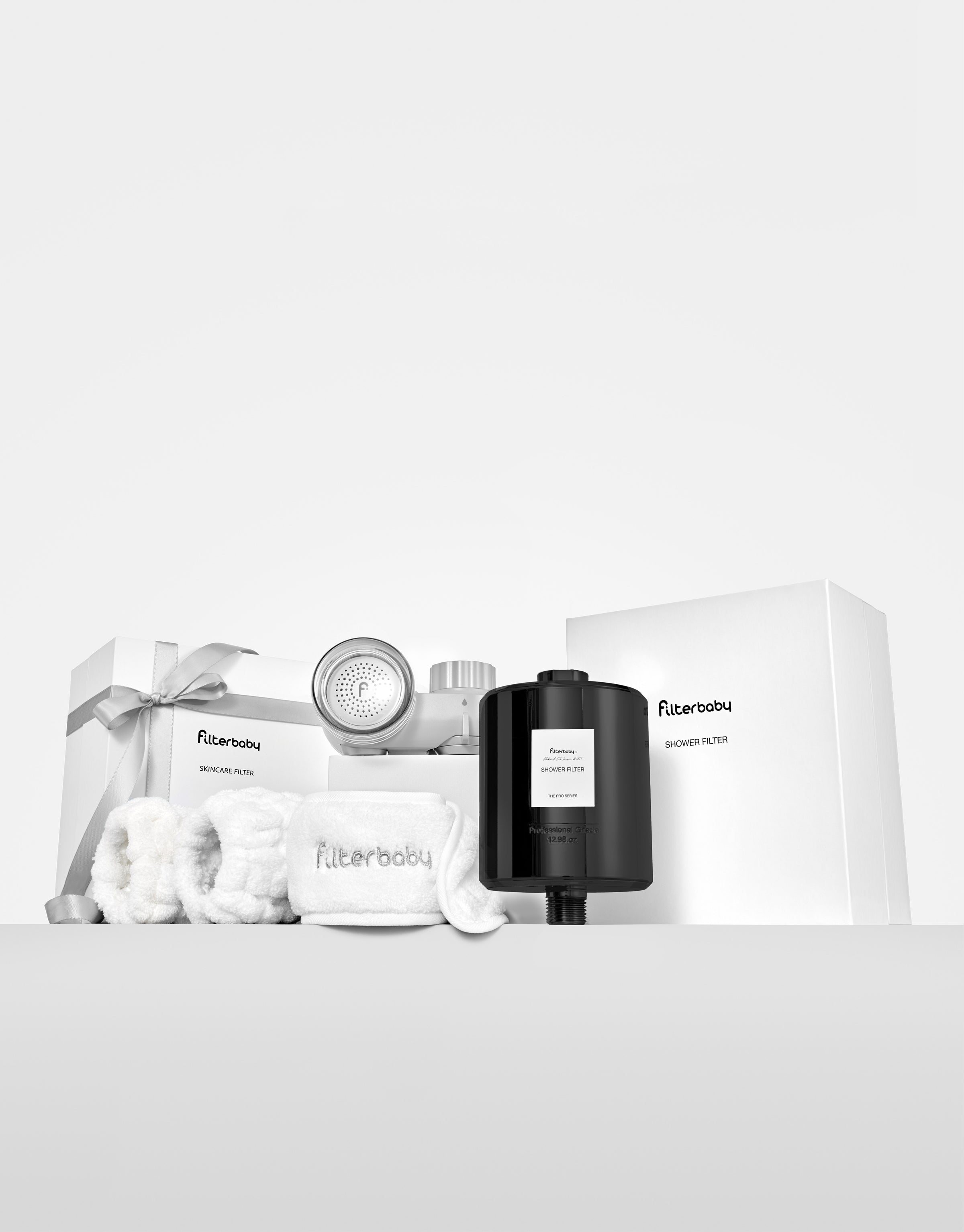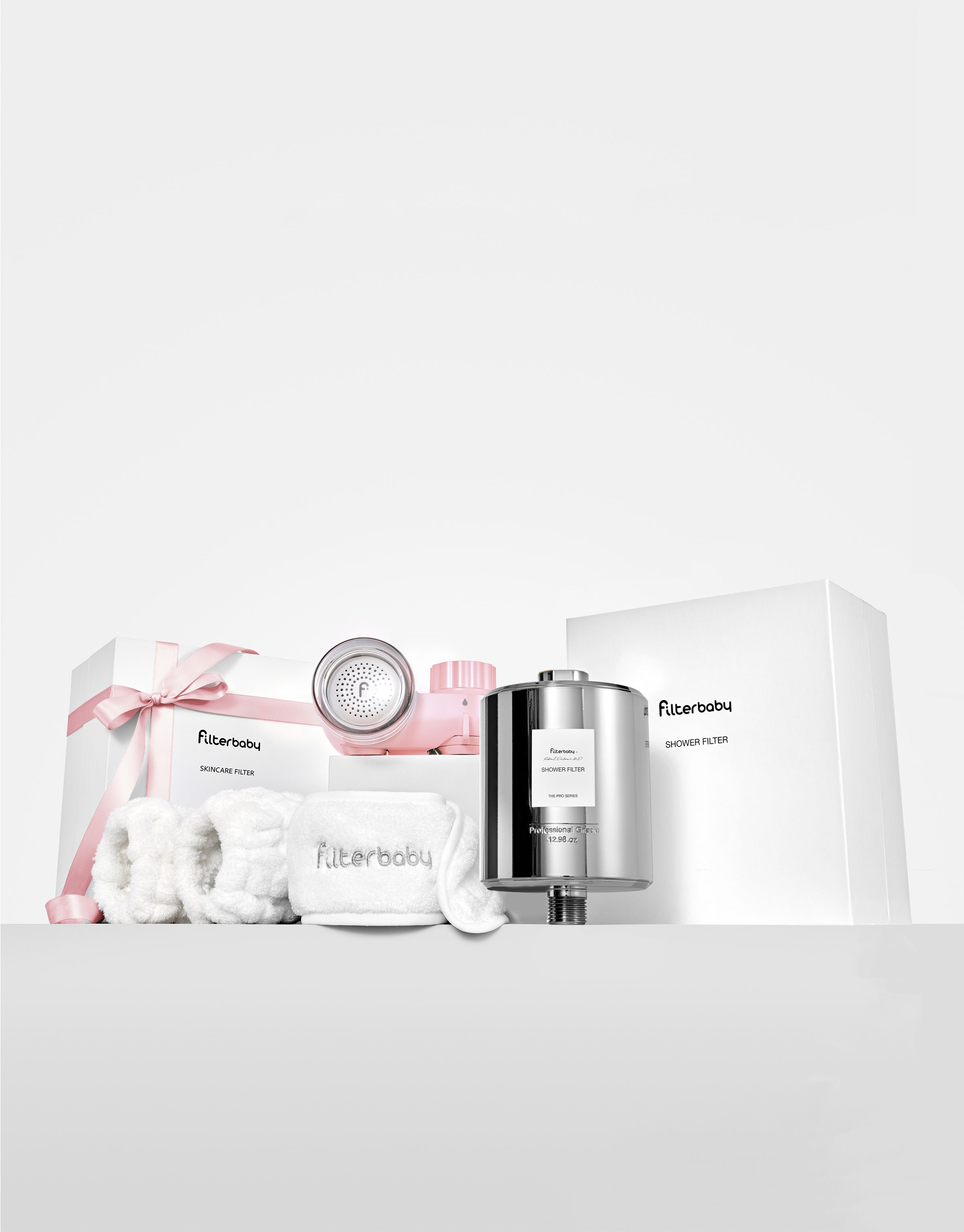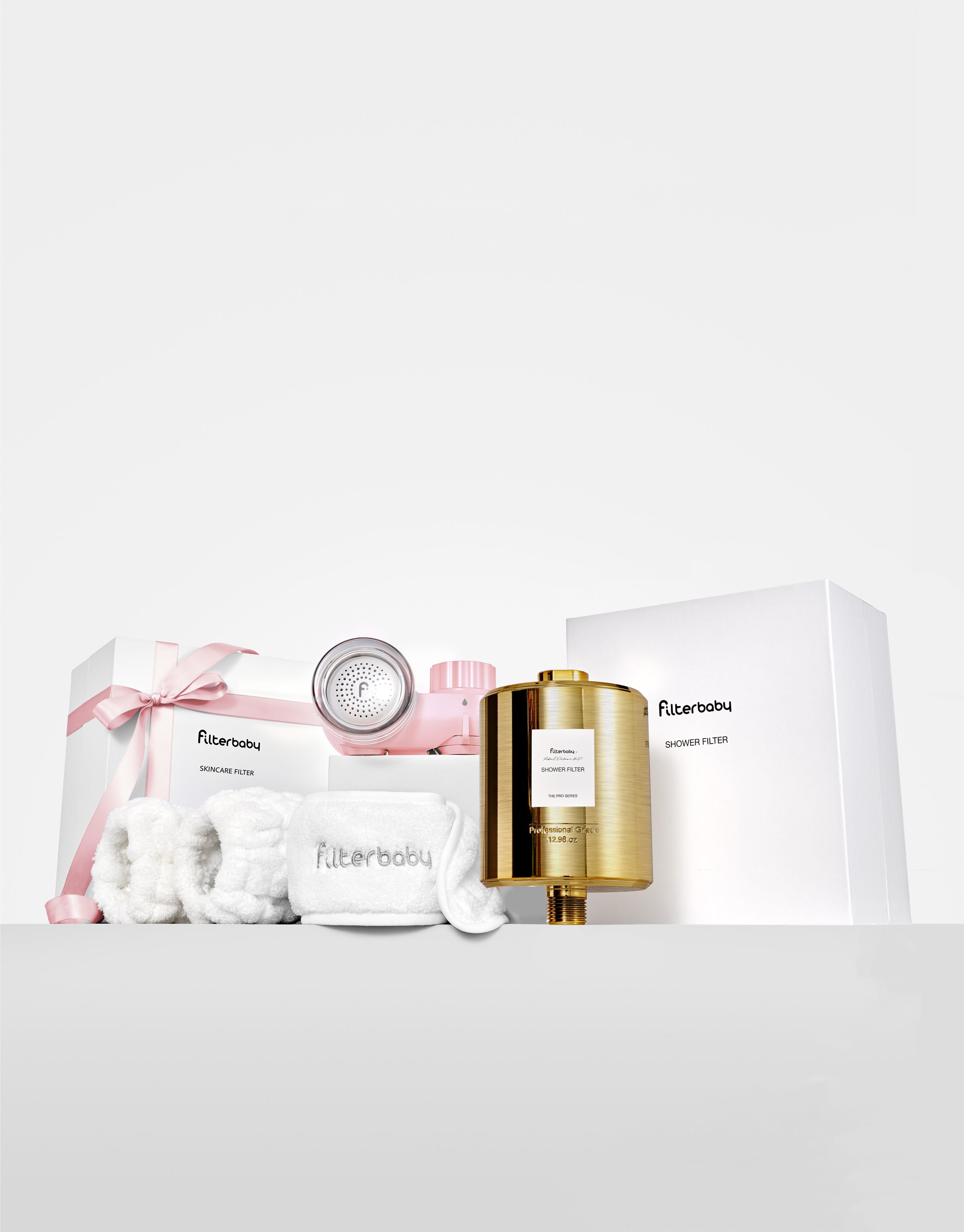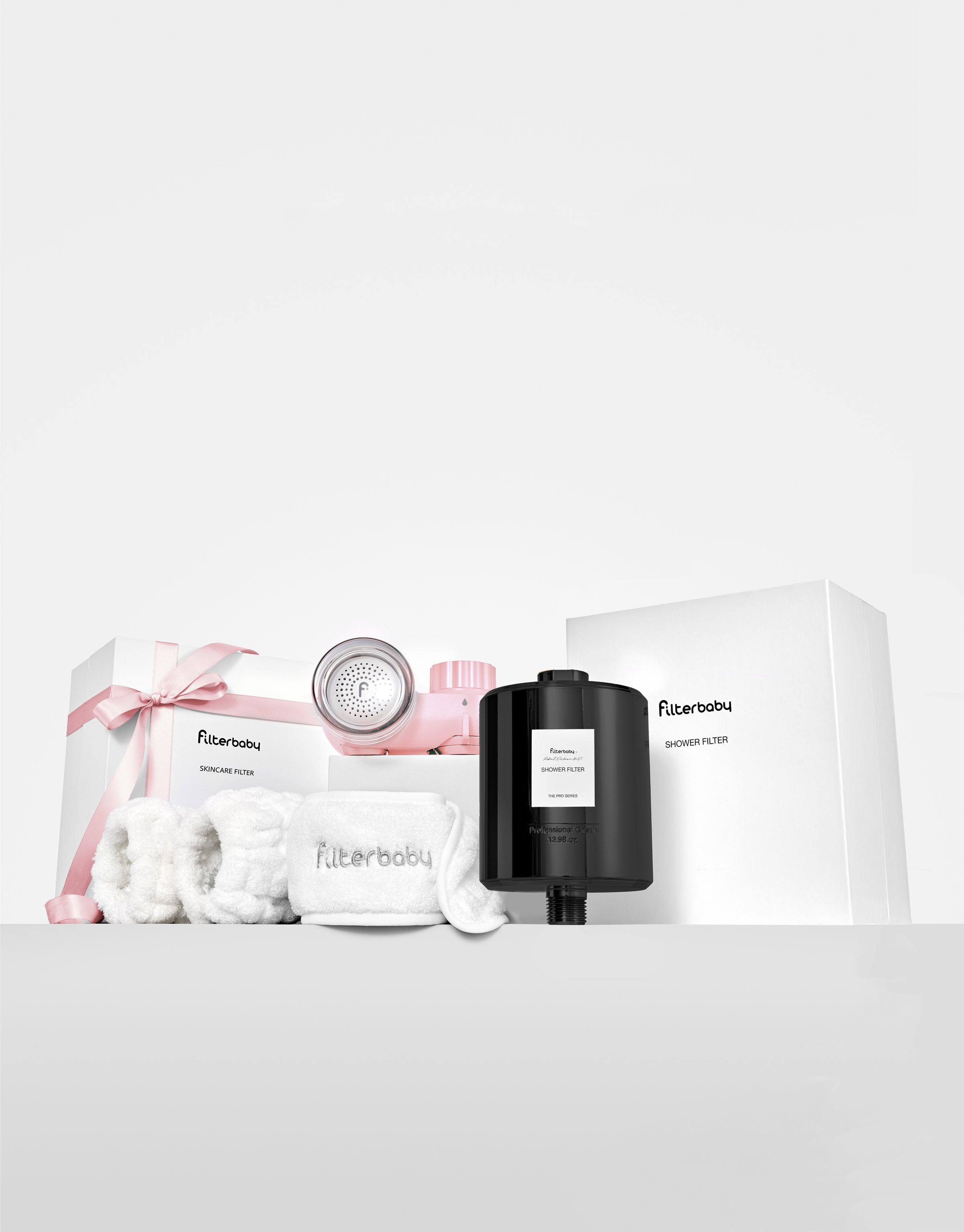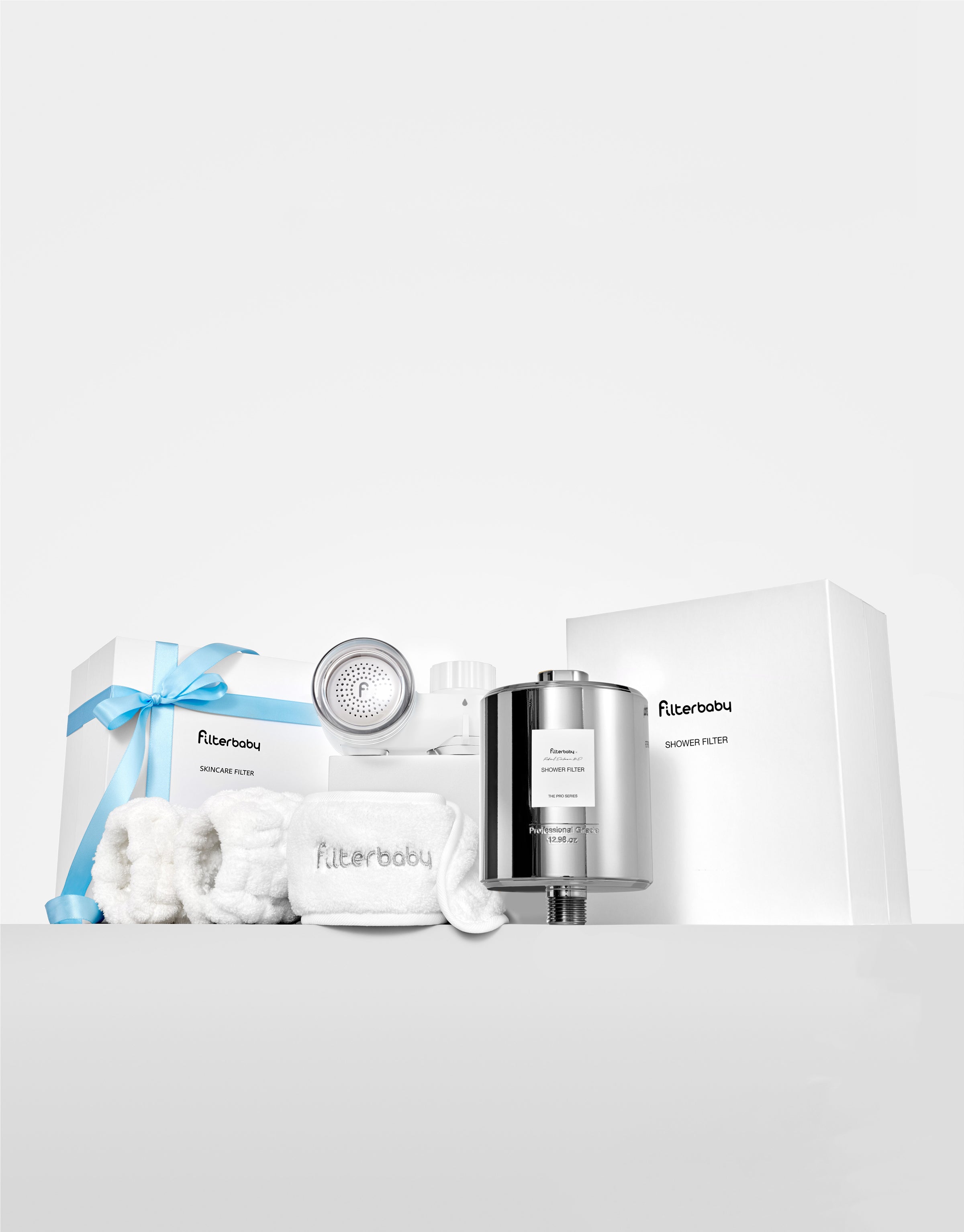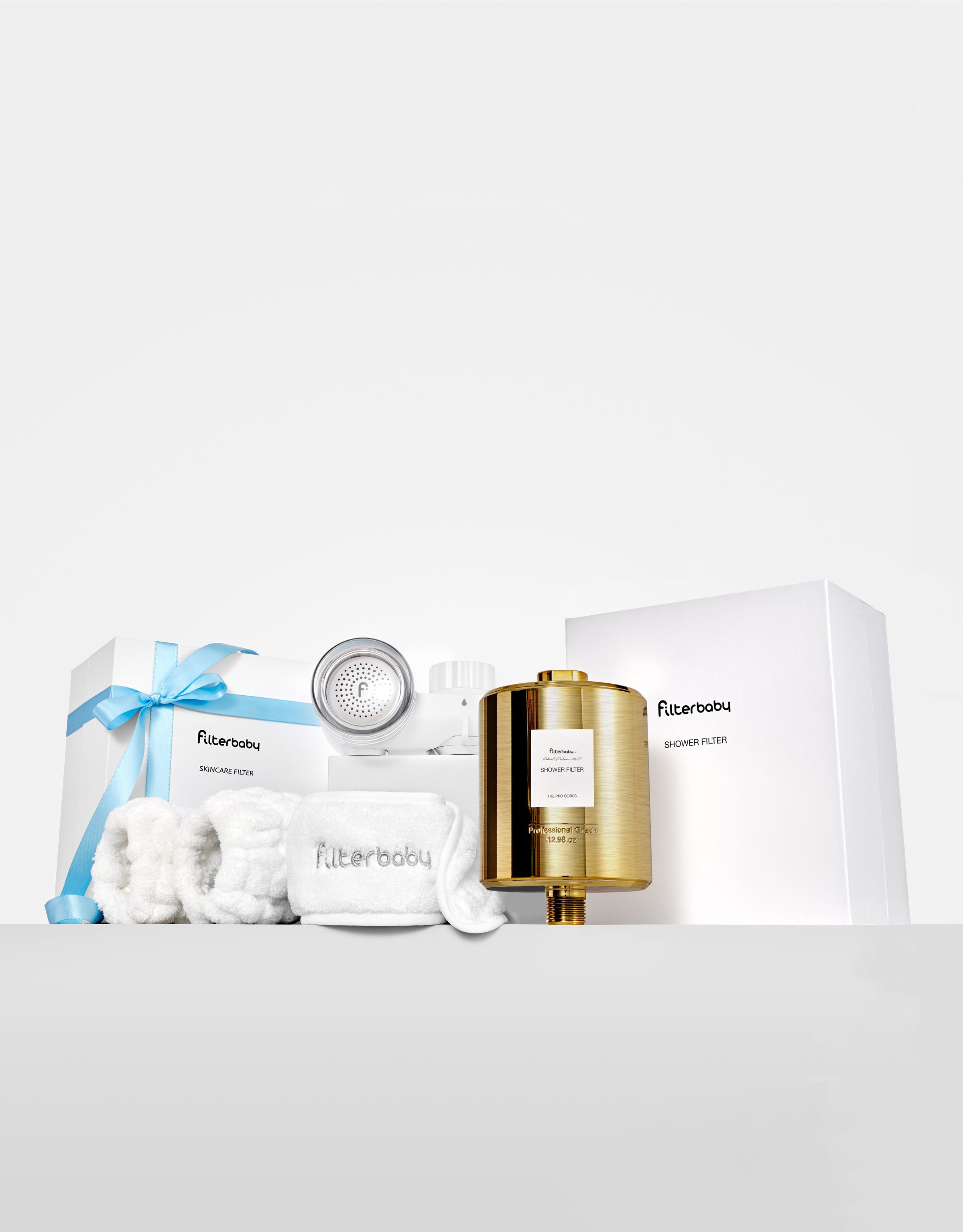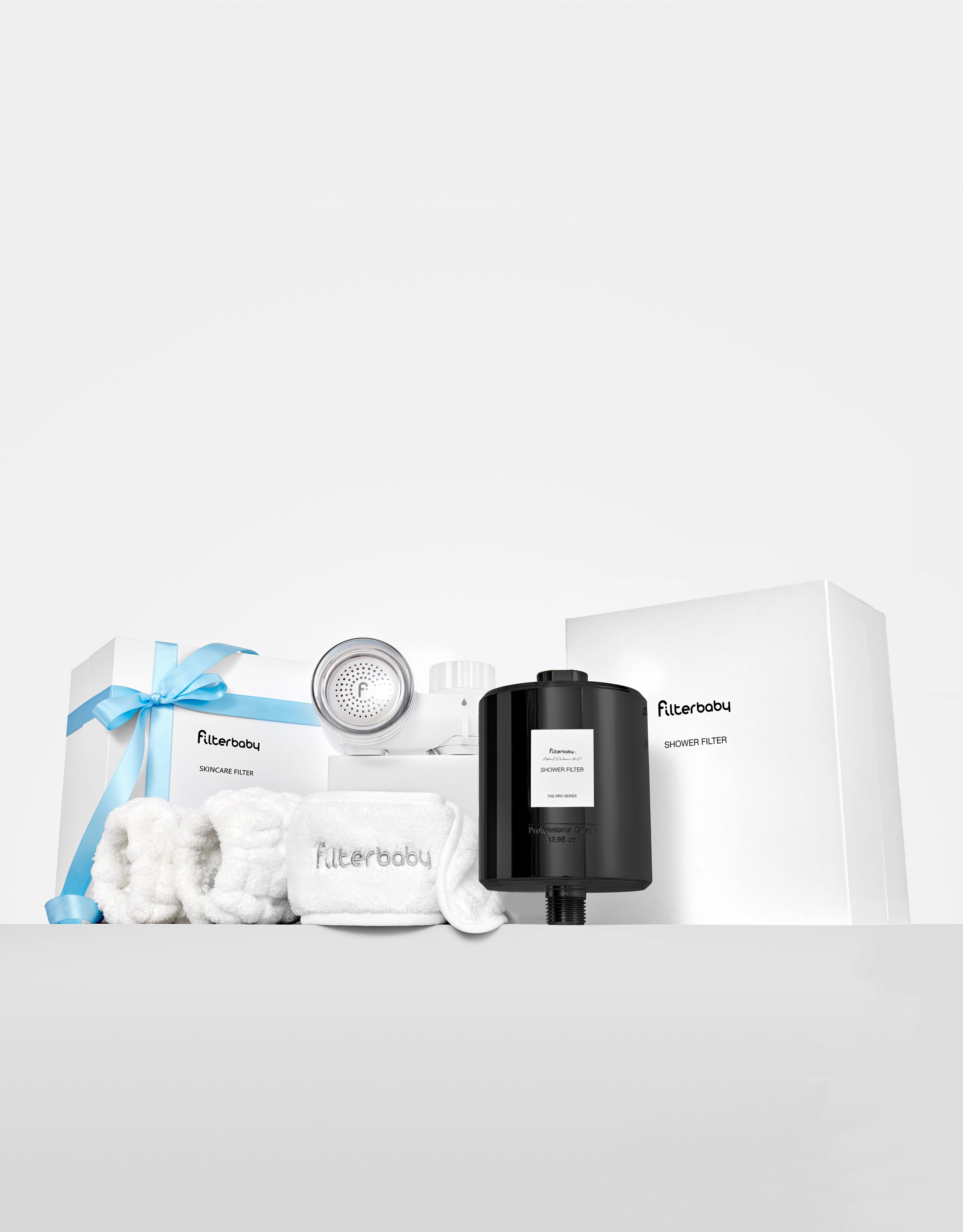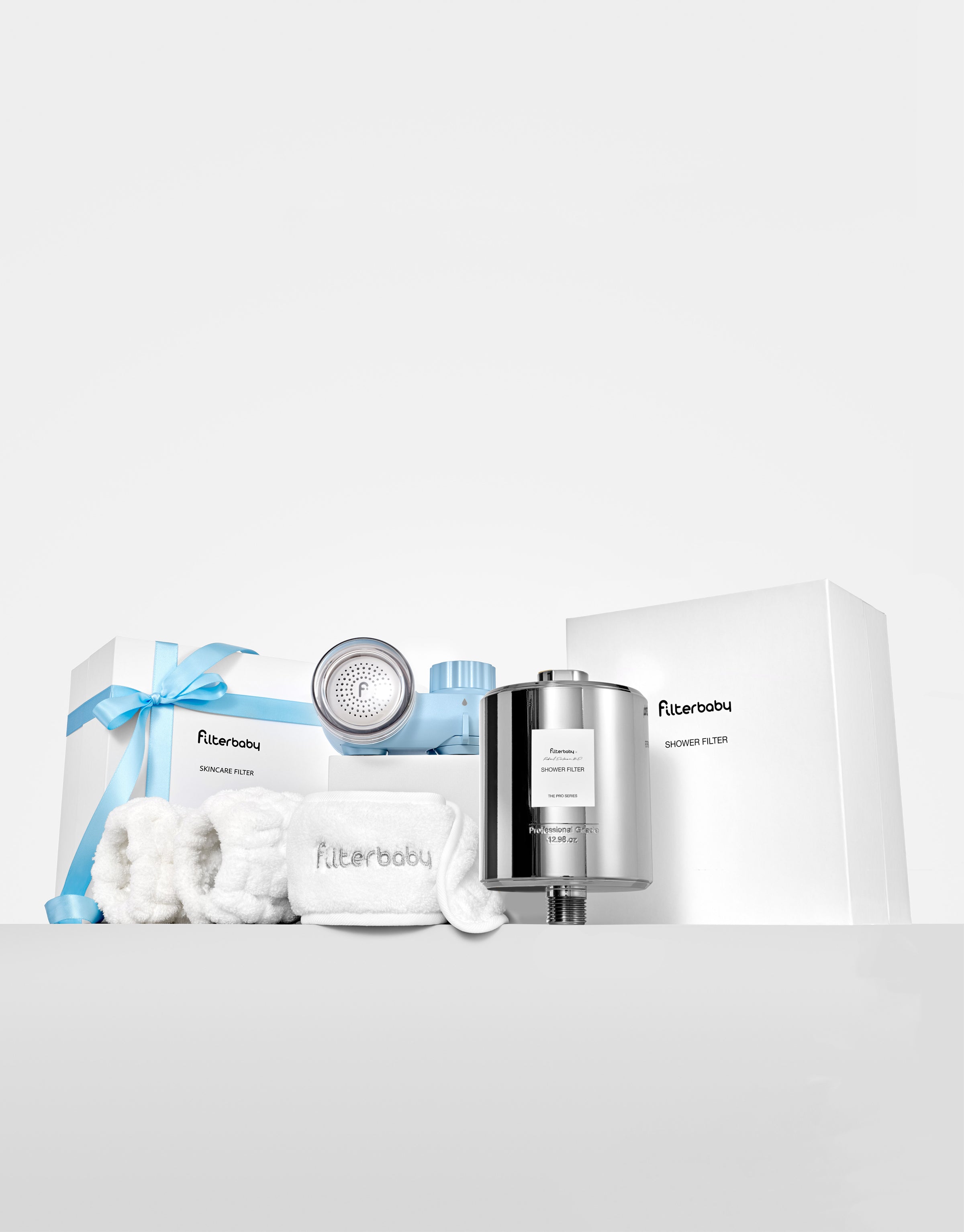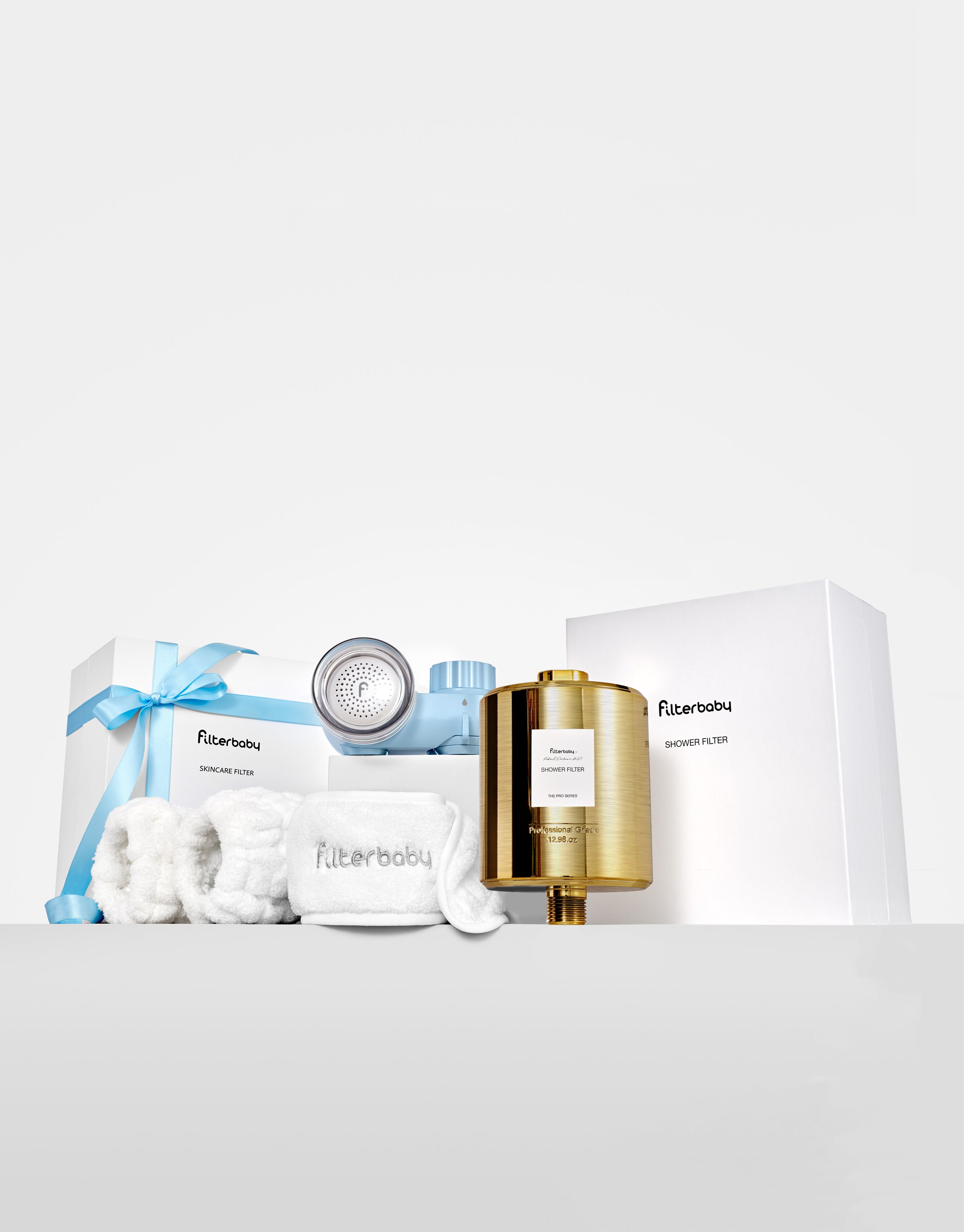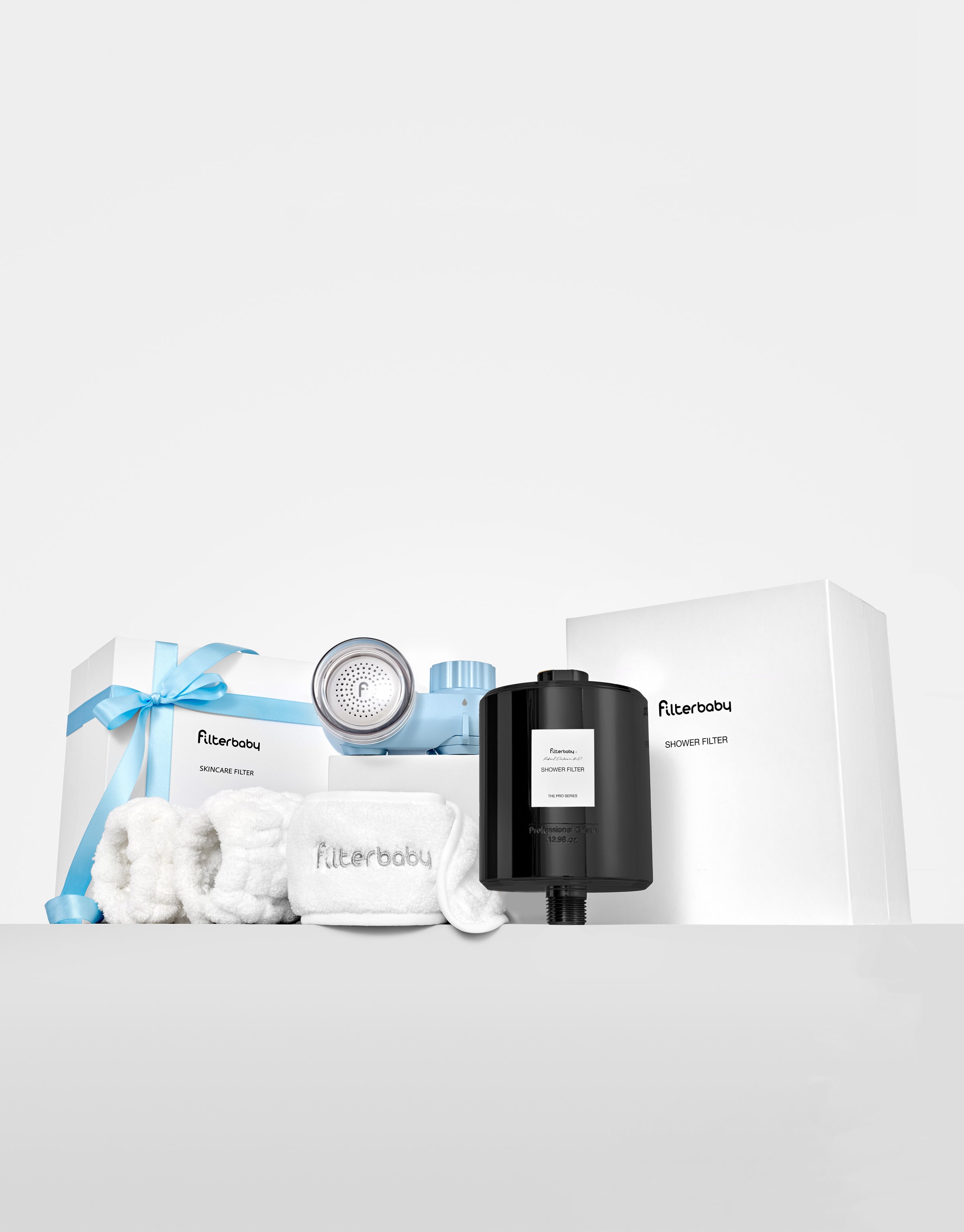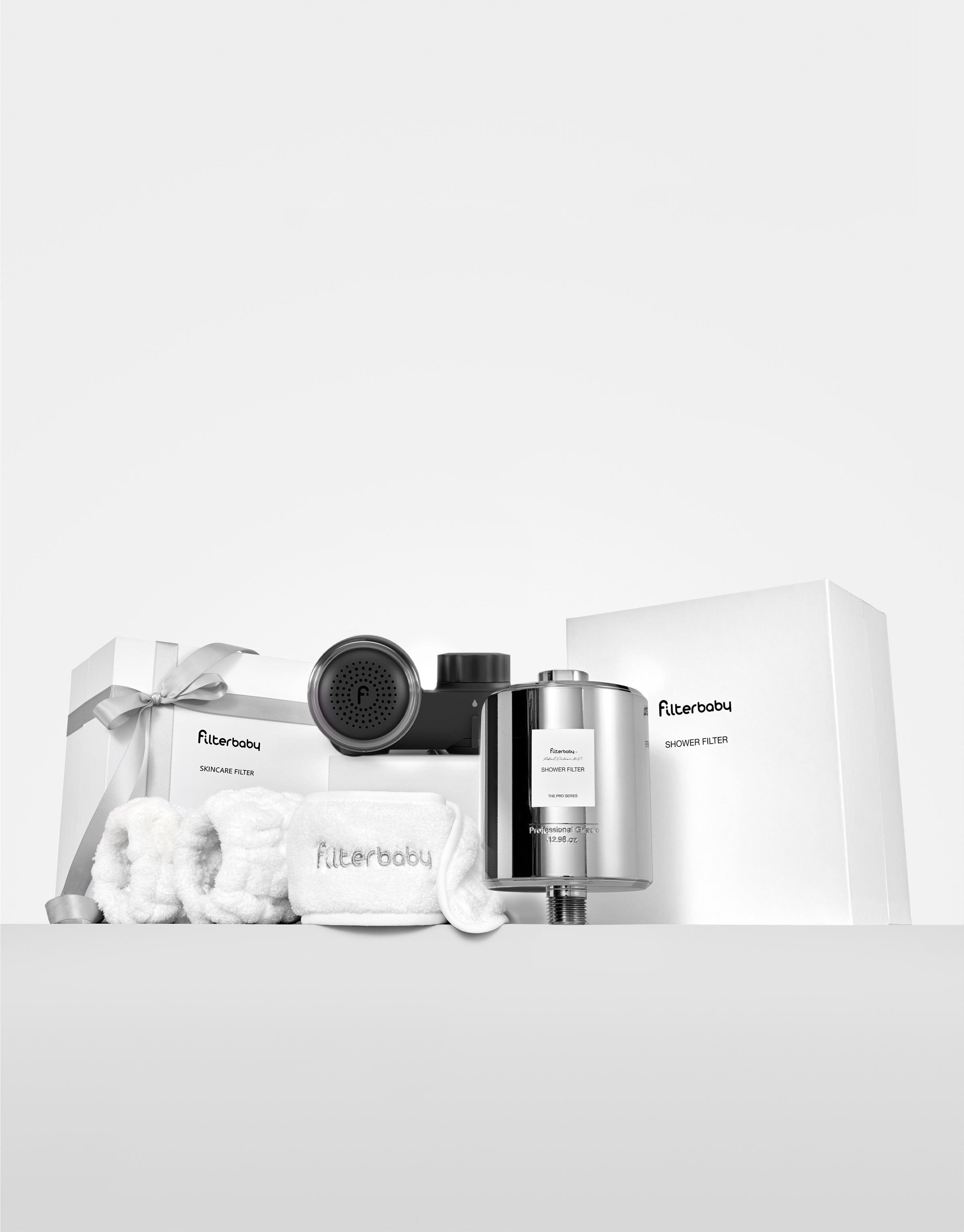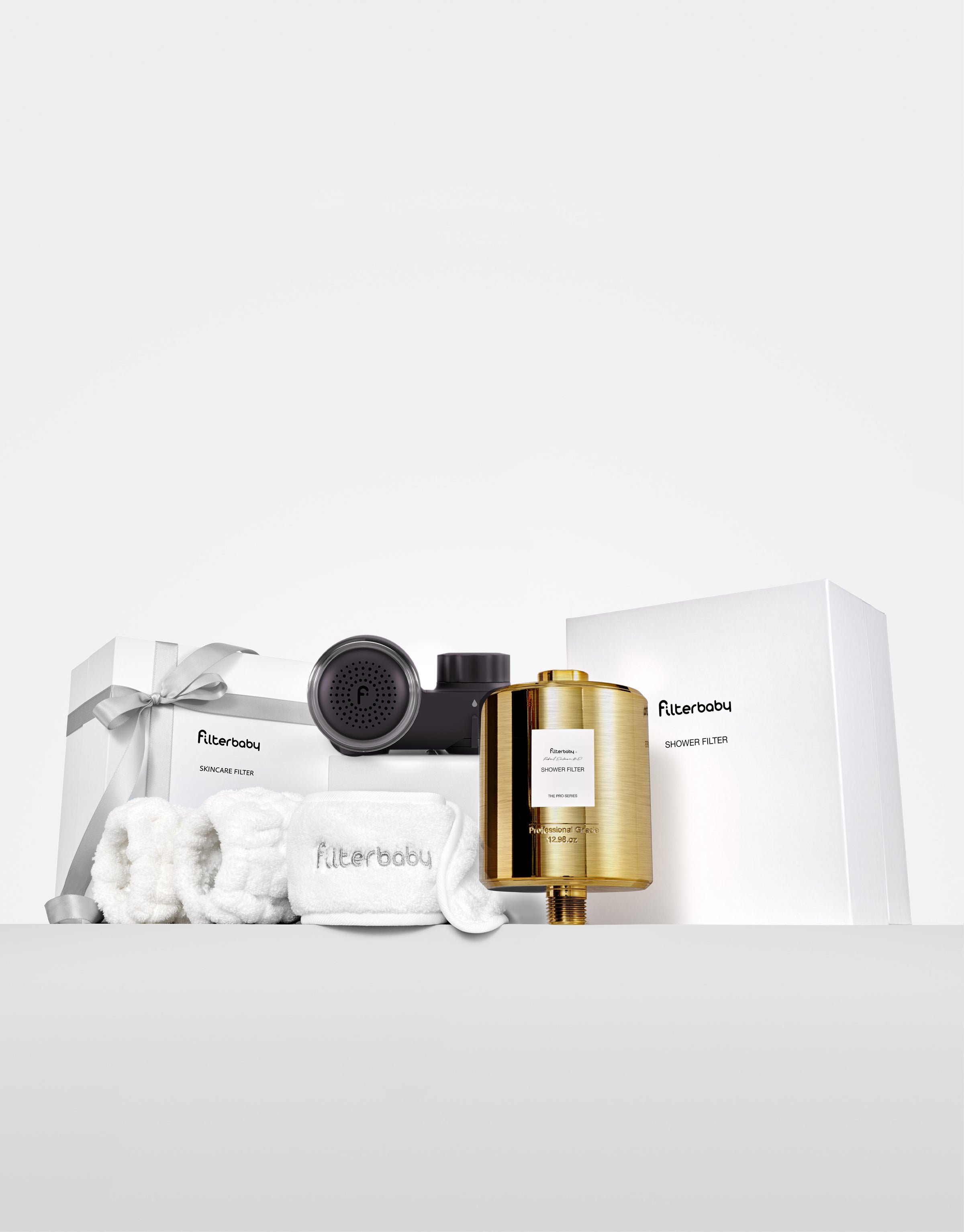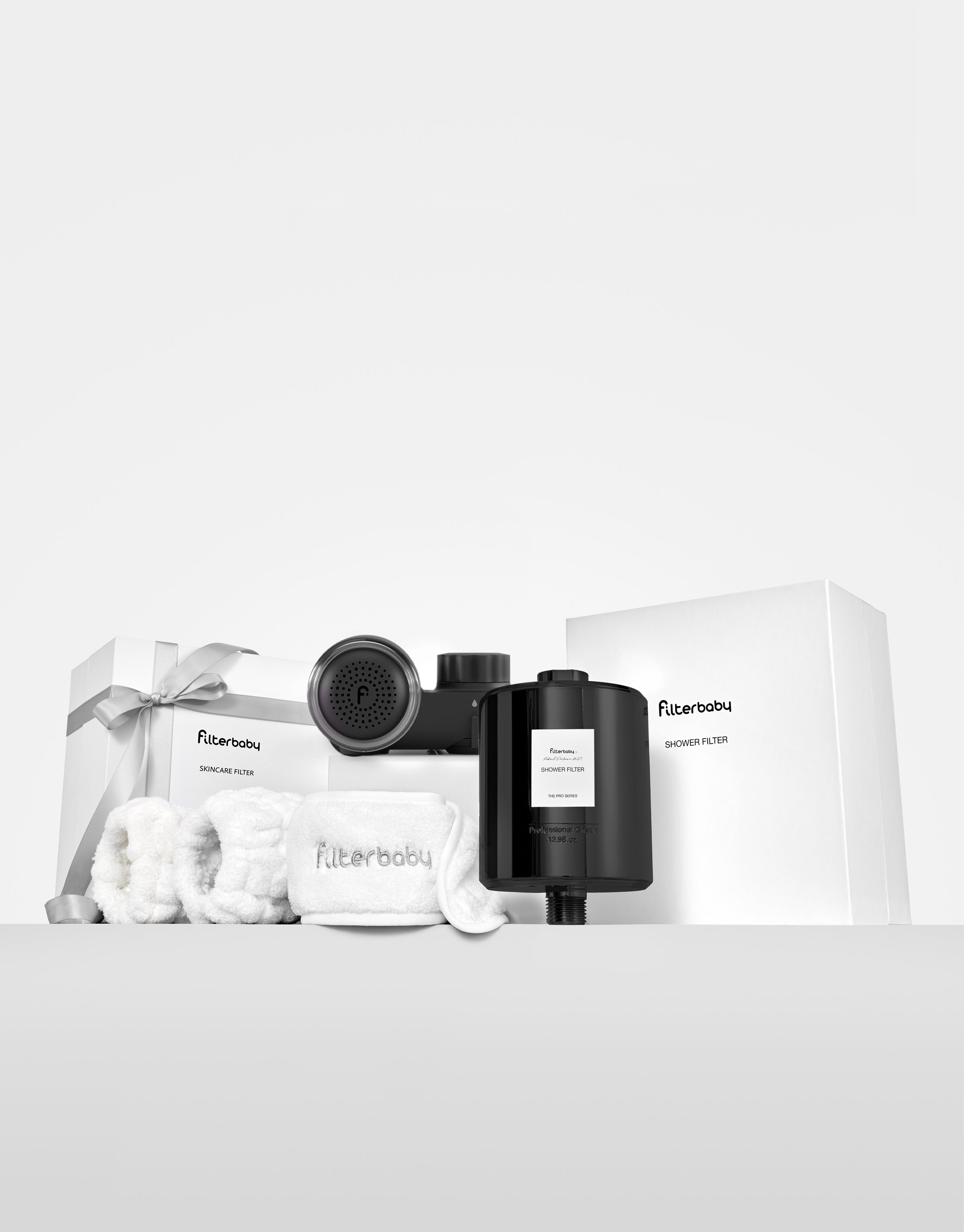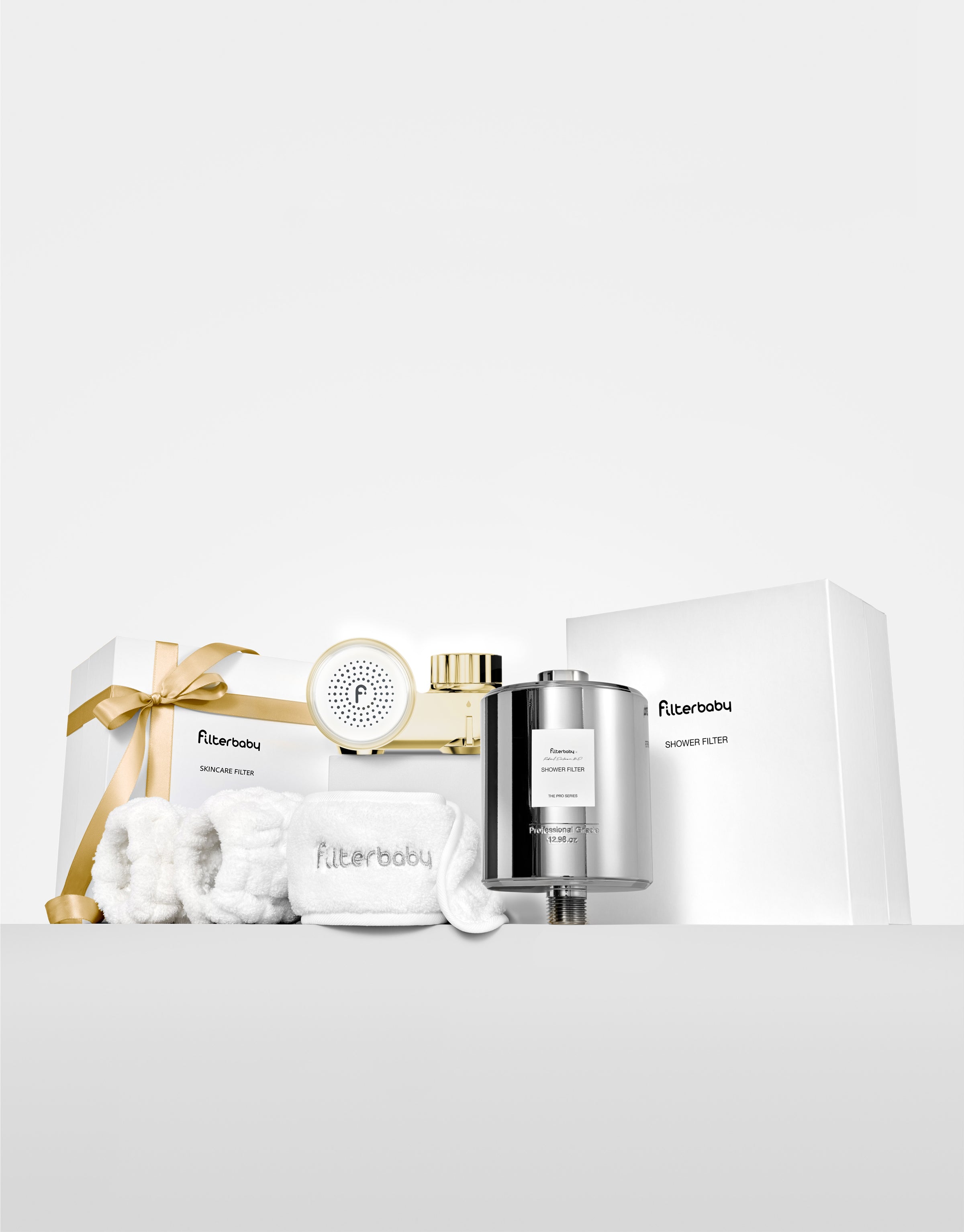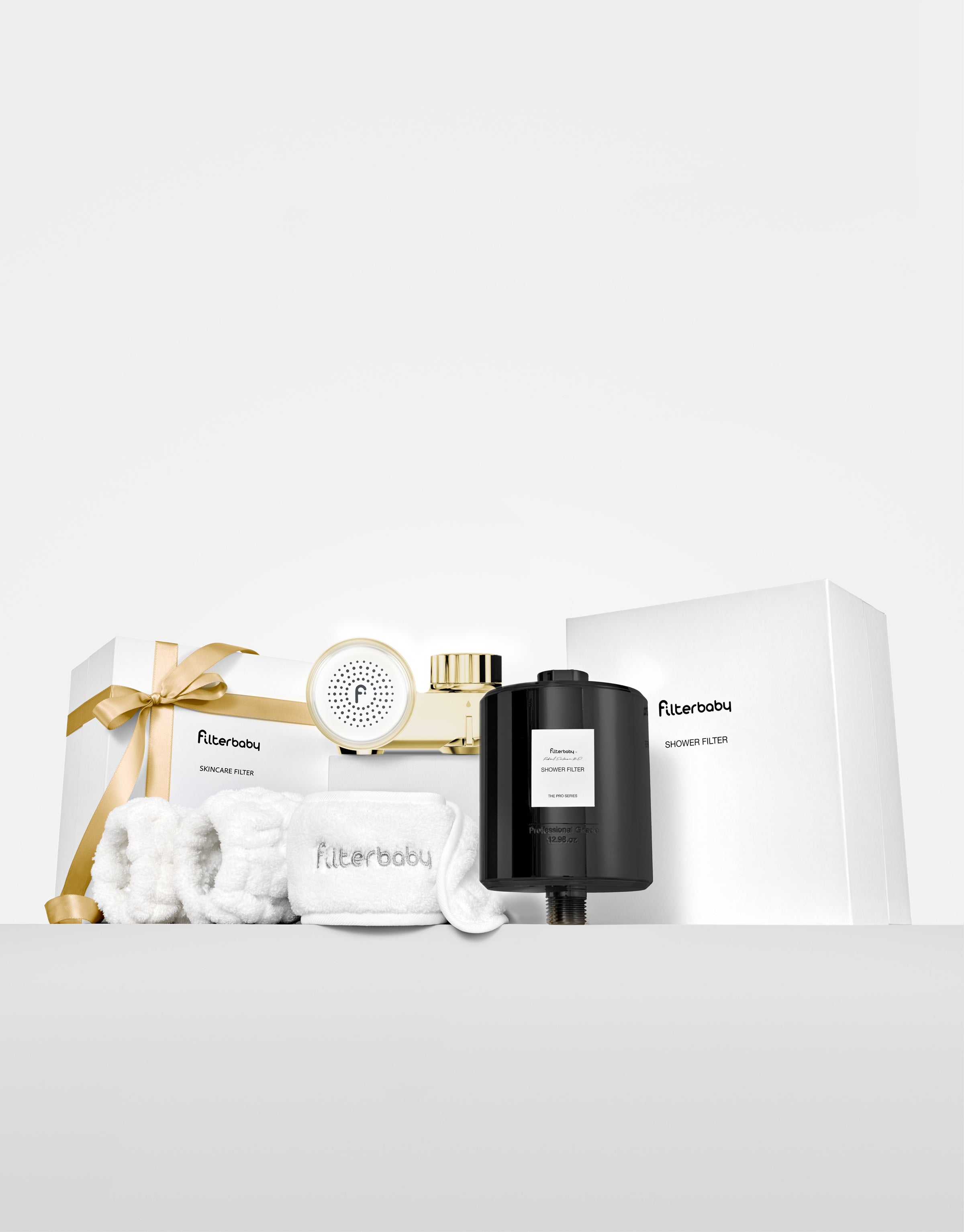When choosing a water filter for your home, it is essential to understand the types of filters that are available. Your region and water source can help you determine which water treatment options are best.
This guide will help you figure out which type of water treatment system is best for your home.
There are 5 core types of water filtration:
- Carbon Fiber
- Ion Exchange
- Reverse Osmosis
- Mechanical
- Ultra Violet
In this blog, we’ll get into the details about how these filtration systems work and how they differ.
1. CARBON FIBER
Carbon materials are the most commonly used medium in water filters. You will see it in almost all water treatment systems like your shower, drinking water, refrigerator, and even reverse osmosis filters.
Here’s why carbon is such a popular choice in water filtration.
|
Carbon Fiber |
|
|
Pros |
Cons |
|
|
Carbon Fiber vs. Activated Carbon
There are two main types of carbon filters, activated carbon and carbon fiber. They may sound similar, but they are very different.
Activated carbon is a loose granulated form that is highly absorptive. Most filtration systems have activated carbon because it is efficient, cost-efffective, and accessible. Many people might know about activated carbon filters since it is also known as activated charcoal. Other leading brands typically use activated carbon filters as their main filtration method.
Carbon fiber is a more compressed form of carbon that also has high absorption capabilities without sacrificing water pressure.
Carbon fiber is approximately 8-10x more effective than activated carbon. The PROdermisTM Water Filter from Filterbaby utilizes carbon fiber to effectively dissolve up to 99% of free chlorine in tap water. While other filters have activated carbon and only reduce the aesthetics of chlorine-like taste and smell.
“Activated carbon fiber has excellent structural characteristics and adsorption performance. It can effectively adsorb various inorganic and organic compounds and has good regeneration performance.” Dr.Zhenyu Du
2. ION EXCHANGE
Ion Exchange water filtration utilizes small resin spheres where ions present in the water are exchanged for the ions on the beads.
Ion exchange can soften the water by exchanging sodium for the calcium or magnesium ions, lessening the hardness of the tap water. Another benefit of ion exchange water filtration is deionization which exchanges hydrogen or hydroxyl ions for other positively or negatively charged contaminant ions in the water.
|
Ion Exchange |
|
|
Pros |
Cons |
|
|
3. REVERSE OSMOSIS (RO)
Reverse osmosis water filters may sound complicated but are one of the best options for whole-home filtering systems. (That’s probably why it’s so trendy right now.)
RO is when water flows through several filter membranes to remove most contaminants in the water. It utilizes several other filtration methods like carbon filters and ion exchange.
|
Reverse Osmosis |
|
|
Pros |
Cons |
|
|
4. MECHANICAL
Mechanical filtration is most commonly used for aquariums or fish tanks. It only filters out physical contaminants in the water. This type of water filter just physically removes solids and strains out water.
Mechanical filtration is typically not suitable for tap water filtration systems because it does not dissolve contaminants.
|
Mechanical |
|
|
Pros |
Cons |
|
|
5. ULTRA VIOLET FILTERS
UV filters use varying frequencies of ultraviolet light to sanitize and clean the water. The UV rays will penetrate the microbiological organisms and cause cell death due to DNA damage. This is a chemical-free method that only filters out bacteria and viruses, leaving other contaminants present in the water.
|
Ultra Violet |
|
|
Pros |
Cons |
|
|
What is the Best Kind of Filtration System?
Carbon Fiber, Ion Exchange, Reverse Osmosis, Mechanical, and Ultra Violet filtration all have advantages and disadvantages–there’s really no one-size-fits-all when it comes to water filtration.
Here’s where each of these systems really shines:
- Carbon Fiber: Good & effective for the removal of chlorine, magnesium, chloroform, agricultural chemicals/runoff, organic substances, and sediment.
- Ion Exchange: Good & effective for the removal of hard water and inorganic material.
- Reverse Osmosis: Good & effective for the removal of toxins including copper, fluoride, arsenic, nitrates/nitrites, radium, etc.
- Mechanical: Good & effective for the removal of waste and physical particles.
- Ultra Violet: Good & effective for the removal of microorganisms like bacteria and viruses.
Most water filtration systems have a combination of these types of filtering methods to increase the effectiveness of removing tap water contaminants whether they are chemical, physical, or microbiological. Though having a whole-house filtering system may be the most effective way to obtain clean water for your household, it can be very costly.
It might be better to focus on what types of water filter systems best fit your needs to have cleaner water.
Why (Most) of the Water You Use Should Be Filtered
The water that comes out of your tap may seem clean to the naked eye but there is a lot more in it than you can see. Tap water can be loaded with a myriad of contaminants that can be harmful to your health.
“Although the United States has one of the safest public water supplies in the world, germs can still get in the water we use for drinking, bathing, and other daily activities.” -CDC
Drinking Water
To safely consume water, it is crucial to have a water filtering device or system. Not only is it better for your health but filtered water tastes cleaner by removing those impurities that are still present in tap water.
This all can depend on which area you live in and how the water is regulated in that region. Water filters are known to significantly reduce the risk of bladder, colon, and rectal cancer by removing chlorine and chlorine derivatives.
Skincare Water Filter
A skincare water filter may not be something that comes to mind but is actually essential for those who may have sensitive, aging, or delicate skin. Many tap water contaminants are harsh on the skin and cause irritation, dryness, breakouts, and premature aging.
Delicate Skin Needs Filtered Water
Your facial skin is one of the most sensitive areas on your entire body. The skin located on your face is more penetrable for chemicals and contaminants due to the small structure of the skin cells, resulting in thinner skin.
Even those who are experiencing premature aging or aging skin are more prone to skin damage. The skin loses elasticity and collagen over time, also causing dehydrated skin. Water contaminants may further dry the skin causing more damage.
The ones with the most delicate skin are children and babies. Cleansing their skin should be with filtered water to minimize skin irritation and inflammation like eczema or psoriasis. It is important that their skin retains proper moisture levels.
UltraFiltration System
Filterbaby has a skincare water filter that utilizes a 3-step ultrafiltration system that is composed of carbon fiber, PROdermis filter, and an ultrafiltration hollow fiber membrane. These components help remove physical, chemical, and microbiological contaminants.
As previously mentioned, carbon fiber is more effective than other types of carbon filters at removing chlorine from tap water. The purpose of the PROdermis step is to lightly soften the water by removing calcium and magnesium to help aid with scale prevention. The hollow fiber membrane captures the remaining particles and contaminants as small as 0.2 microns.
This highly effective filtering system allows for cleaner water that is multi-functional. Though its main purpose is to deliver clean water when cleansing the facial skin to improve skin health.
Water for Cleaning
Using filtered water for household cleaning can be extremely helpful to prevent further contamination and streaking.
Adding filtered water from the PROdermis water filter to homemade multi-purpose cleaners, sprays, and to mops with can help prevent watermarks or streaking by reducing the tap water contaminants that may be causing those issues.
Water for Household Plants
Those who own household plants may know that tap water can be damaging to the health of those plants. Tap water contains chlorine, pesticides, and TTHMs that all contribute to the risk of damage to plants. Utilizing a water filter to obtain clean water to water the plants increases their longevity.
